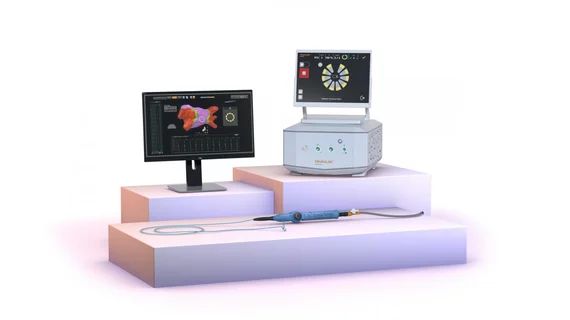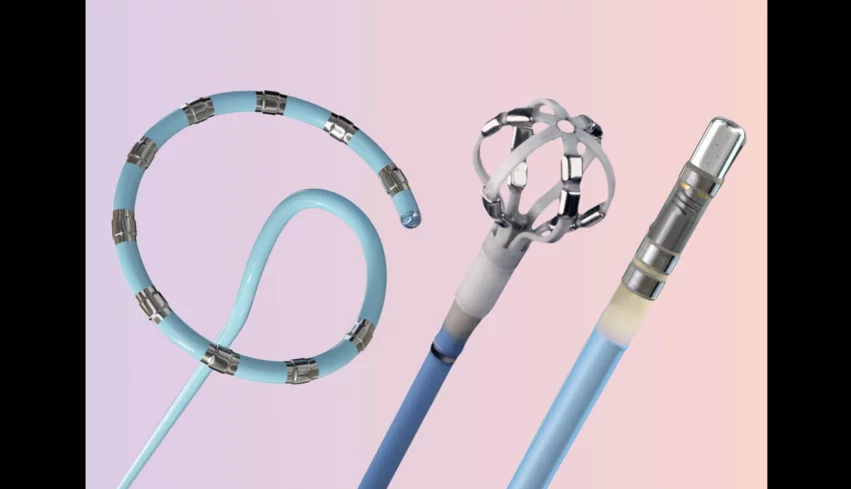Biosense Webster takes key step toward FDA approval for Varipulse PFA system
Biosense Webster, part of Johnson & Johnson MedTech, has submitted a premarket approval application for its Varipulse pulsed field ablation (PFA) system to the U.S. Food and Drug Administration (FDA). If approved, it would become the third PFA platform to gain FDA approval in 2024, following both the Medtronic’s PulseSelect system and Boston Scientific’s Farapulse system.
Biosense Webster is hoping to receive approval for Varipulse to treat paroxysmal atrial fibrillation (AFib). The platform includes the Varipulse multielectrode catheter, the Trupulse PFA generator and the company’s Carto 3 System Varipulse software, which provides 3D mapping data in real time. It gained CE mark approval in February.
“The Varipulse Platform, differentiated by its Carto 3 System integration and mapping capabilities, is part of a versatile portfolio of PFA tools that Biosense Webster is developing to meet the varied needs of electrophysiologists and their patients,” Jasmina Brooks, Biosense Webster president, said in a prepared statement. “Based on the results from the admIRE clinical trial, we are confident that this innovation has the promise to deliver significant value and differentiated capabilities, and become an important tool for the treatment of AFib.”
Back in February, Biosense Webster shared 12-month data from the admIRE clinical trial at AF Symposium 2024 in Boston. The admIRE trial was a pilot study focused on the safety and effectiveness of the Varipulse PFA system in 20 patients treated at a single facility in the United States. All patients presented with a history of paroxysmal AFib. While 80% were free from atrial recurrence after 12 months, the median fluoroscopy time was 3.5 minutes. No procedure- or device-related primary adverse events were reported over the course of the study.
Biosense Webster plans on publishing full admIRE results by the end of 2024. A separate study, the inspIRE clinical trial, is focused on the Varipulse system’s safety and effectiveness in 186 patients treated in Europe or Canada from March 2021 to May 2022.
Additional details about the Varipulse PFA system are available here.


